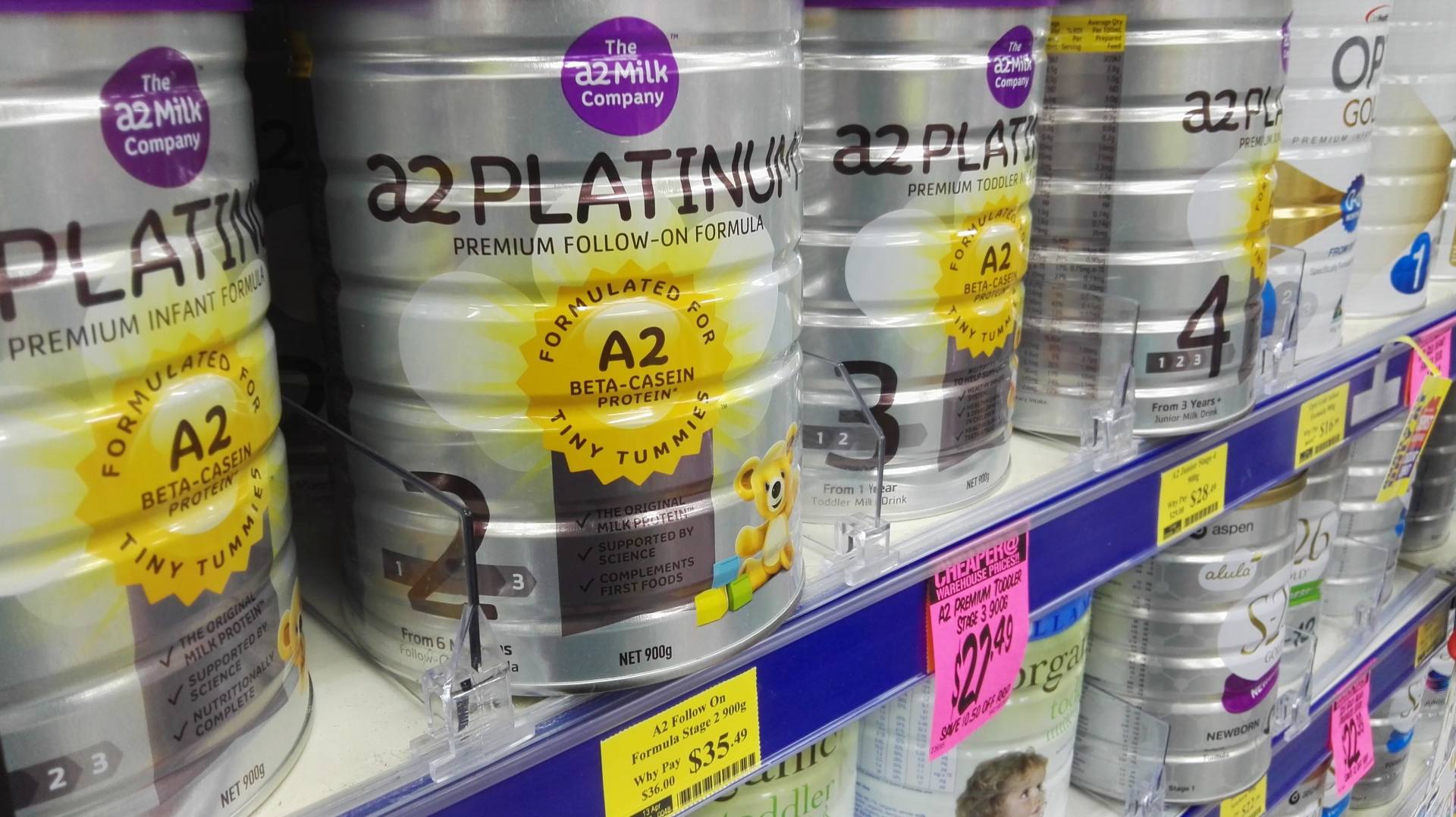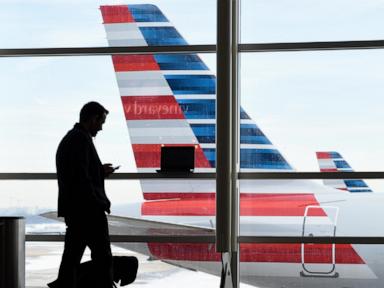
A beaming Finance Minister and former President of the country’s largest bank proudly announced that the foreign exchange reserves can now meet the import needs for two months instead of two weeks as previously reported. After 77 years of so-called freedom the Islamic Republic of Pakistan must rely on loans to boost its reserves required to meet the needs of the country, the situation calls for major soul-searching. While India, the other part of the Subcontinent, declared that the basic needs of the nation would be met indigenously, there will be no import or export.
People’s Republic of China followed the same route in 1949. Today both the countries are strong with huge foreign exchange reserves. Finally, taking cue from our neighbours, the Government of Punjab recently notified that Murree Brewery will only be allowed to export its liquor once all the local needs have been met.
Someone somewhere finally thought about the needs of a segment of the local population. It should not be limited to alcoholic products only, the spectrum needs to be expanded to ensure stable, uninterrupted supply of essential needs of the masses at affordable prices. Recently, there were big wheat import and sugar export scandals in the land of the pure.
Not even food and energy have been spared by exploitation of the Import/Export Mafia. The list of import items is long. Despite 175 billion tons of local coal deposits at Thar, 30 million tons is being imported every year, 2000 mmcfd of gas and 200,000 tons of urea is on the list.
While Pakistan Steel Mills has been shut down, 5 to 7 million tons of steel is imported yearly. Copper concentrate is shipped abroad to import back 0.5 million tons of finished copper; the same situation prevails for ferro chrome, a strategic mineral.
Indeed, the situation is grave, as a nation we remain vulnerable to our dwindling reserves being managed by detached from ground realities individuals, broadly classified as ‘ the Shoaibs of Pakistan’. Muhammad Shoaib was the Finance Minister of Ayub Khan for eight long years. Finally, when the CIA Papers were declassified after thirty years, his name appeared in their list of beneficiaries.
In 1979 during the Iranian Revolution, US Embassy Papers were seized and displayed outside for the public. The Middle East was being controlled from Tehran. There was a huge payroll of loyalists covering all countries, including Pakistan.
In 1981, I had the opportunity of glancing through these papers. Some local names included in the list were shocking. It was indeed a reality-check for me to find out about the real, remote-control rulers of the Islamic Republic of Pakistan, a constitutional democracy on paper.
Bhutto’s minister for production and Secretary General of Pakistan People’s Party (PPP) Comrade J.A. Rahim was credited for formulating the party manifesto which promised ‘Roti, Kapra, Makan’ (Food, Clothing, Shelter) to people.
It was a short-lived period in the decade of the seventies when real need base development was carried out. The country started producing its own steel and fertilizers. Huge investments were made in the defence production sector, some of the products of this initiative are currently being displayed in the ongoing exhibition in Karachi’s “Ideas 2024’.
‘People’s Car’ was being designed together with the production of’ ‘Nishan Jeep’. The honeymoon was short-lived. First it was J.
A. Rahim followed by Bhutto himself who were booted out of the arena. The remote masters prevailed.
It was back to imports. In August 2002 when I took charge of Pakistan Science Foundation (PSF), I reviewed the import bill of the country to set the tone of research. At Rs 150 billion, petroleum was on the top of the list followed by edible oil seeds at Rs 50 billion and tea Rs 10 billion.
Pakistan is the largest importer of tea in the world with no local production. Initially, there was a Tea Board, which ensured steady supply from the Eastern Wing, but once that link was severed reliance was on imports. Our friends in China established a facility in Shinkiari near Mansehra called National Tea Research Institute (NTRI).
I personally drove to the facility, was amazed to see that complete know-how existed to grow and process high quality tea. Unfortunately, we could not put the pieces together as the Tea Association was based in Karachi. On my invitation, they agreed to work with NTRI to boost local production.
It was an uphill task; the Import Mafia was all over to create obstacles all the way. Finally, PSF succeeded in establishing a green tea facility within NTRI and three plantation sites in Kashmir. Over 100, 000 acres of land was identified in Kashmir and Swat for large-scale tea plantation.
My term ended in August 2005 and with it the entire effort was stalled. During this period, research was also started to explore fuel and edible oil options in the country. Finally, Thar Coal became a reality in the year 2018 and massive olive plantations have started all over the country.
The import bill can be drastically slashed, achieving the cherished goal of self-reliance in meeting the basic needs of the masses. Both food and fuel can be covered using indigenous resources, for which no foreign exchange reserves will then be needed to reduce the worries of the imported Finance Minister. No nation can survive or prosper on borrowed money and imported good to meet its basic needs.
There is a concept of ‘Sehai Peham’ (constant struggle), which cannot be measured in days and months, it is ongoing continuous. The roadmap to prosperity must be well-defined, understood and followed. There is a famous saying: “An army marches on its stomach”.
It is all about logistics, which has emerged as a major subject in the modern world; the term used is ‘Supply Chain Management’. The Finance Ministry can at best manage the finances, the rest has to be handled by experts and technologists not ‘Munshis’ (book-keepers). The Islamic Republic of Pakistan can grow its own tea and edible oil seeds together with meeting its energy needs indigenously with the application of appropriate technological know-how and its management, certainly not by press conferences and interviews as has been the norm till to date.
A major course correction is required. Copyright Business Recorder, 2024.














